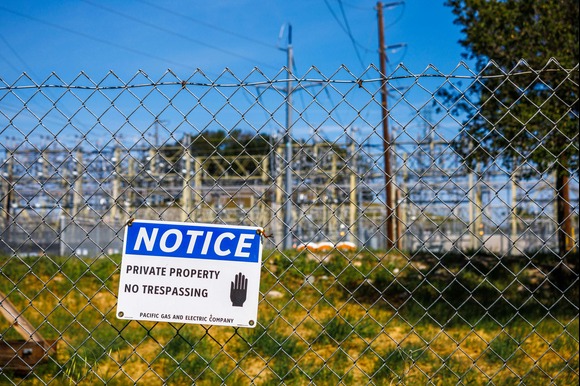The Spanish government has held the national grid operator and several private energy companies responsible for a widespread power outage that brought daily life in Spain and Portugal to a standstill earlier this year.
The blackout, which occurred shortly after midday on April 28, disconnected both countries from the European electricity grid for several hours. The outage disrupted operations at schools, universities, businesses, transport hubs, and government institutions, with power cuts plunging large urban and rural areas into chaos. Traffic lights went dark, causing major gridlock, while many individuals were left stranded—some stuck in elevators, others on isolated trains.
In the immediate aftermath, the left-leaning coalition government provided no clear explanation, instead calling for public patience while an investigation was launched. Nearly two months later, Spain’s Minister for Ecological Transition, Sara Aagesen, presented an official report identifying the causes of the failure.
According to Aagesen, the partly state-owned grid operator Red Eléctrica had misjudged the system’s power needs that day, failing to activate additional thermal power plants. She said the grid “lacked sufficient dynamic voltage capacity,” and that a critical plant should have been brought online but was not.
She further accused private generation firms of not fulfilling their responsibilities in regulating voltage. “Companies that were paid to stabilize the grid didn’t absorb excess voltage when the system was under stress,” she stated, although she did not identify specific companies by name.
Prime Minister Pedro Sánchez had hinted at this possibility shortly after the incident, promising full accountability from private energy providers.
However, the findings also cast doubt on previous statements made by Red Eléctrica president Beatriz Corredor—a former Socialist minister—who had claimed that the grid operator bore no blame for the outage.
Aagesen clarified that investigators found no evidence of a cyber-attack, ruling out fears of sabotage or external interference.
The blackout and the government’s delayed response triggered heavy criticism and sparked a broader debate over Spain’s energy model. Opposition leaders argued that the country’s increasing reliance on renewable sources—alongside its move away from nuclear energy—may have contributed to the instability.
Alberto Núñez Feijóo, leader of the opposition People’s Party (PP), criticized the Sánchez administration, accusing the prime minister of prioritizing environmental goals over reliability. “In your quest to be the greenest government in the world, you’ve left Spaniards in the dark,” he said.
Despite this, the government maintains that renewable energy played no role in the outage and continues to defend its clean energy agenda.






